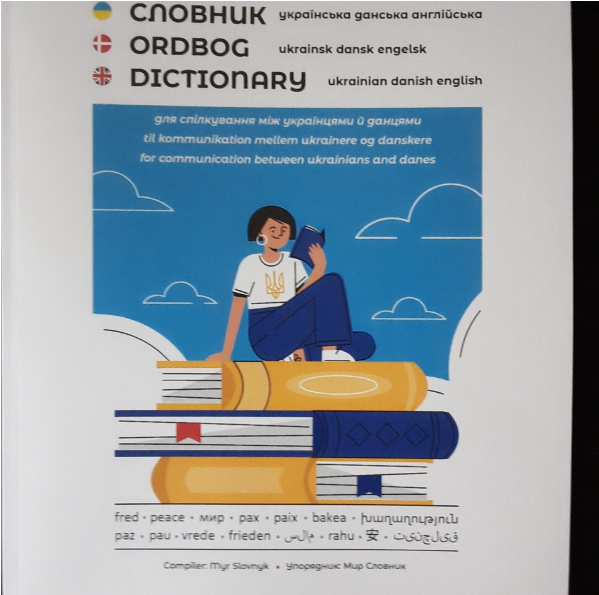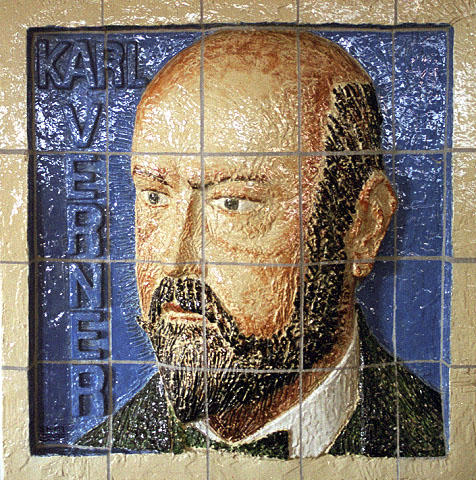Silencing the Vikings: Bureaucracy and The End of Old Norse at Aarhus University
“Not perverts but bureaucrats will set things off, and we won’t even know if their intentions were good or bad. Things will go off by command; they will be carried through according to regulations, mechanically, down the chain of command, with human wills bent, abolished, overcome, in a task that ceases to have any meaning”.[1]
– Jacques Lacan
Old Norse is the language of the Vikings. It is the language carved laboriously into runestones all over Scandinavia, indeed even as far afield as Ukraine. It is the language of the Icelandic sagas of the High Middle Ages, and the language which preserves most of our knowledge of Scandinavian mythology: Gods such as Óðinn and Þórr, the vengeful Fenrisúlfr … ↪




